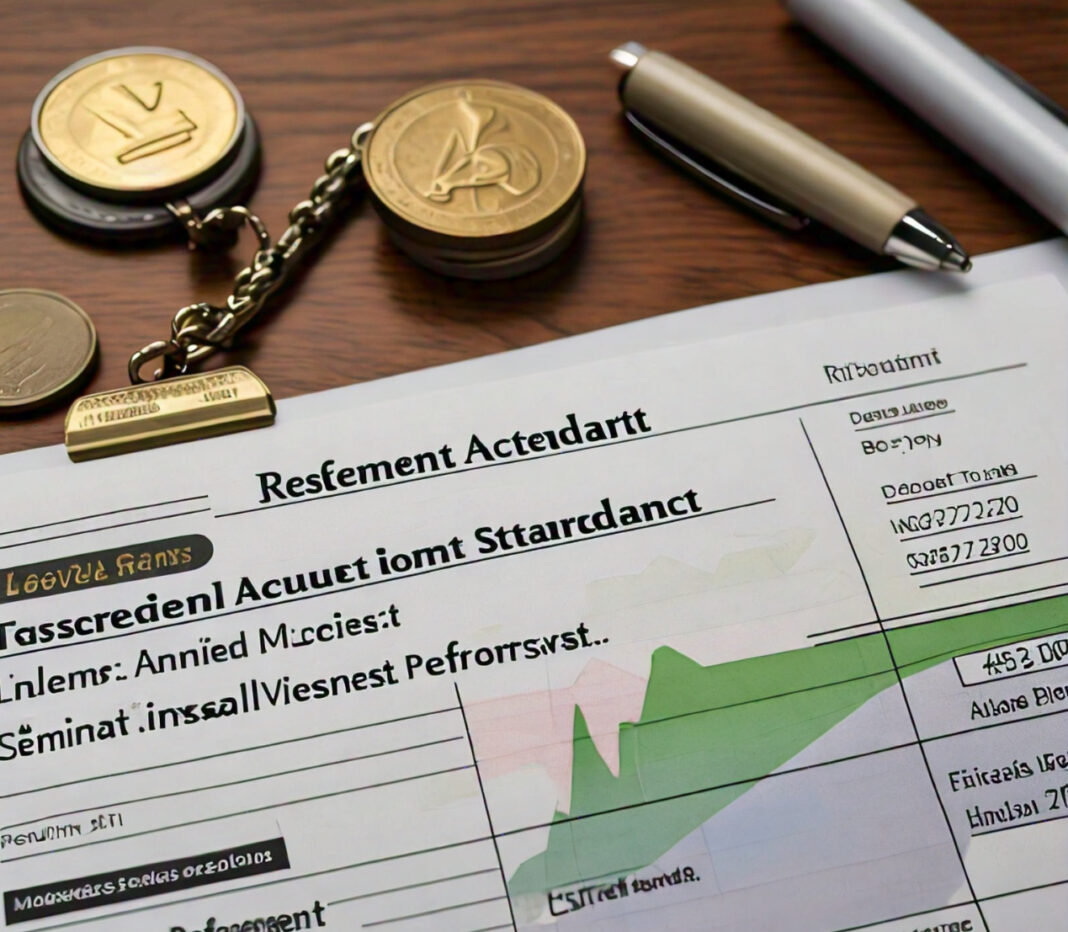Retirement may still sound like a dream, especially if one happens to be in his 20s or 30s. But the fact is, the earlier one starts retirement planning, the better it will be when the golden years come along. This article deliberates on reasons why one should start retirement planning as early as possible, irrespective of one’s age or financial standing.

It will take in the various aspects of early retirement planning: the power of compound interest, the benefit of instilling good financial habits early in your life, and how to optimize your retirement savings. Whether you are a fresh university graduate starting your career or you’ve been working for years, this guide will provide valuable insights into securing your financial future.
Landscaping Retirement
Before we get into the reasons why one needs to plan for old age retirement early, let us gauge the current landscape.
Changing Demographics
People are now living longer than ever. According to estimates by the World Health Organization, from 2000 to 2019, life expectancy globally increased by more than 6 years. That means retirement savings are expected to last longer, increasing the importance of early planning.
Shifting Responsibility
In years past, many employees could rely on their employer’s pension plans for a source of retirement income. Today, workers are mostly on their own and are relying on defined contribution plans, such as 401(k)s and Individual Retirement Accounts (IRAs), for retirement savings.
Economic Uncertainty
Today’s economic climate is somewhat unstable, and this has been particularly true following a series of global events. The sooner you start with your retirement planning, the more you will be able to navigate economic storms and market volatility much more easily.
The Magic of Compound Interest
This principle works on the power of compound interest, one of the most overwhelming reasons to start retirement planning early. This concept is so important that Albert Einstein has reportedly referred to it as the “eighth wonder of the world.”
What Is Compound Interest?
Compound interest refers to earning interest on interest. In other words, your money grows not just on the principal amount that you invest but also on the interest that accrues over time.
Magic of Time
The more time your money has to grow, the more radical the power of compound interest becomes. Check this out:
Assume you start to invest $5,000 a year at age 25 and earns an average annual return of 7%. By the time you reach the age of 65, your investment would have grown to roughly $1,143,000.
Now, let’s say you wait until you’re 35 to start investing. You’d have to invest about $10,000 a year to reach the same amount by age 65.
This example shows how starting just 10 years earlier can dramatically reduce the amount you need to save each year to reach the same goal.
Building Good Financial Habits Early
The key to early retirement planning is not just the number, but it can also instill good financial discipline that will serve you for years to come.
Budgeting Skills
Learning to budget and living within the budget is an inherent skill in effective retirement planning. You have more time on your hands to fine-tune your budgeting skills by making requisite changes in your spending habits.
Saving Discipline
Regular saving requires discipline. The earlier one begins, the more saving becomes a habit, much like brushing your teeth. Over time, setting money aside for retirement becomes second nature.
Investment Knowledge
The investment world is complex. The longer the time, the more comfortable you will be learning about various investment alternatives, understanding your risk tolerance, and developing a sound strategy.
Maximizing Opportunities for Retirement Savings
Time is commonly a retirement savings vehicle’s best friend. The more time you give the greater the potential value of many retirement savings vehicles, meaning the sooner you start, the more you’ll be able to take advantage of the opportunities.
Employer-Sponsored Plans
Many employers offer 401(k) plans, with a company match. That is just free money that can go a long way in boosting your retirement savings. The earlier you start contributing, the more you are able to capitalize on the matches over your career.
Individual Retirement Accounts (IRAs)
IRAs also offer tax benefits that can help your money grow more quickly. In a traditional IRA, your money can grow tax-deferred, whereas a Roth IRA provides tax-free withdrawals when you retire. You may fund such accounts early in your career to have maximum utilization of the time for which these accounts offer tax benefits.
Catch-Up Contributions
While it’s always better to start early, if you are over 50, then you can make “catch-up” contributions to your retirement accounts. These allow you to contribute more than through the standard limits. These additional contributions cannot, however, replace lost decades of compound growth; hence, the earlier you begin, the better.
Risk Tolerance and Investment Horizon
Your investment horizon-how much time you have before you need to start drawing on your money-is key in determining how you should invest.
Greater Risk Tolerance
The earlier you begin retirement planning, the longer your investment horizon is likely to be. The longer your investment horizon, the more risk you can typically tolerate in your portfolio and the higher your long-term returns potentially may be.
Time to Recover from Market Downturns
Market volatility is a feature in investing. The earlier you start investing, the longer you have to recover from market downturns. This can help you stay invested during turbulence, rather than panicking and selling at a loss.
Flexibility in Retirement Age
Starting your retirement planning early gives you more control over when you can retire.
Early Retirement Option
If you can get an early start on saving and investing, it might be possible to build up enough wealth that you’ll be able to retire earlier than age 65. You could enjoy more years of retirement, or at any rate free yourself up to do something more rewarding.
This will also potentially offer room for a phased retirement in which the work hours are progressively reduced over time. This will also help to transit smoothly in the retirement phase and extend your investment duration.
Healthcare Planning
Healthcare costs are likely the biggest worriment for retirees, and they almost certainly will increase.
Health Savings Accounts (HSAs)
When you’re eligible, early Health Savings Account contributions gain a triple tax advantage: tax-deductible contributions, tax-free growth, and tax-free withdrawals for qualified medical expenses.
Long-Term Care Insurance
Purchasing long-term care insurance early means you’ll have lower premiums. Early retirement planning allows for the introduced possibilities of such things and helps you plan appropriately.
Social Security Considerations
While Social Security shouldn’t be the sole source of your retirement income, it is an important part of the whole.
Maximizing Benefits
Your Social Security benefits are based on the 35 highest-earning years of your career. The earlier one plans their career, the higher the benefits can be, since this would give more time to concentrate on increasing earnings over time.
Delayed Retirement Credits
If you can afford to delay taking your Social Security benefits beyond your full retirement age, you can increase your monthly benefit. Early retirement planning may provide the financial elasticity needed to delay these benefits, if that makes sense for your situation.
Lifestyle Adjustments
By starting your retirement planning early, you can make gradual lifestyle adjustments rather than extreme changes later in life.
Balancing Present and Future Needs
Early planning allows you to balance your present lifestyle with future savings. The initial small adjustments, when done over time, are easier rather than having to cut back suddenly on spending as retirement approaches.
Aligning Financial and Life Goals
The big picture of your life goals should encompass this retirement plan of yours. An early start for any such plan triggers ample time for reflection on what your retirement shall look and feel like, thus making any required changes in your financial planning.
Minimising Financial Stress
Financial stress can take a real toll on health and well-being.
Peace of Mind
Knowing that you are making an active effort toward planning your future might provide peace of mind. This may, in itself, reduce your stress level and allow you to focus on other aspects of your life and career.
Emergency Preparedness
Early retirement planning often leads one to build an emergency fund. This can help you tackle unplanned costs without affecting your long-term financial plans.
Life Transitions
Life is full of changes, and starting your retirement planning early can help you navigate these transitions more smoothly.






